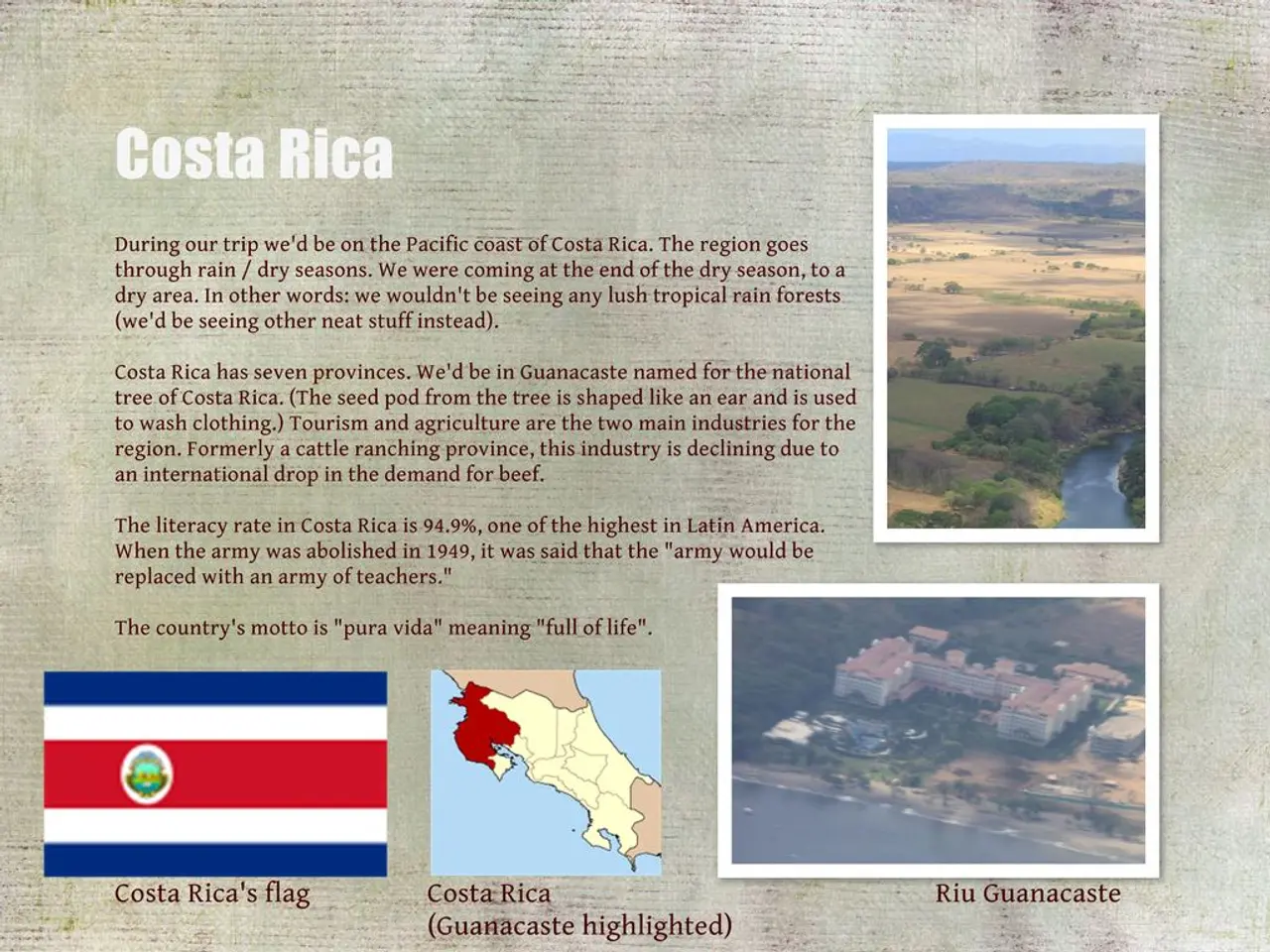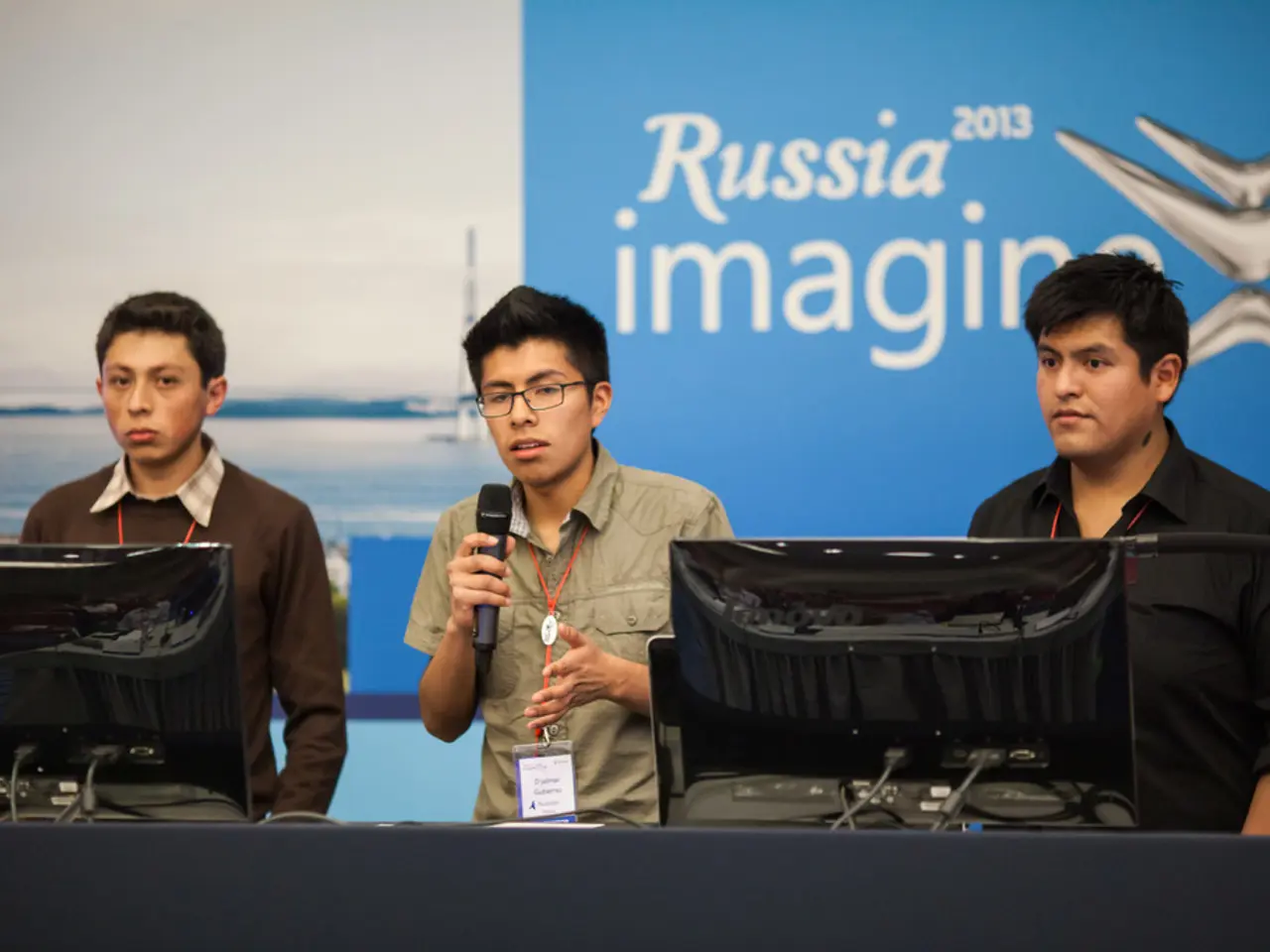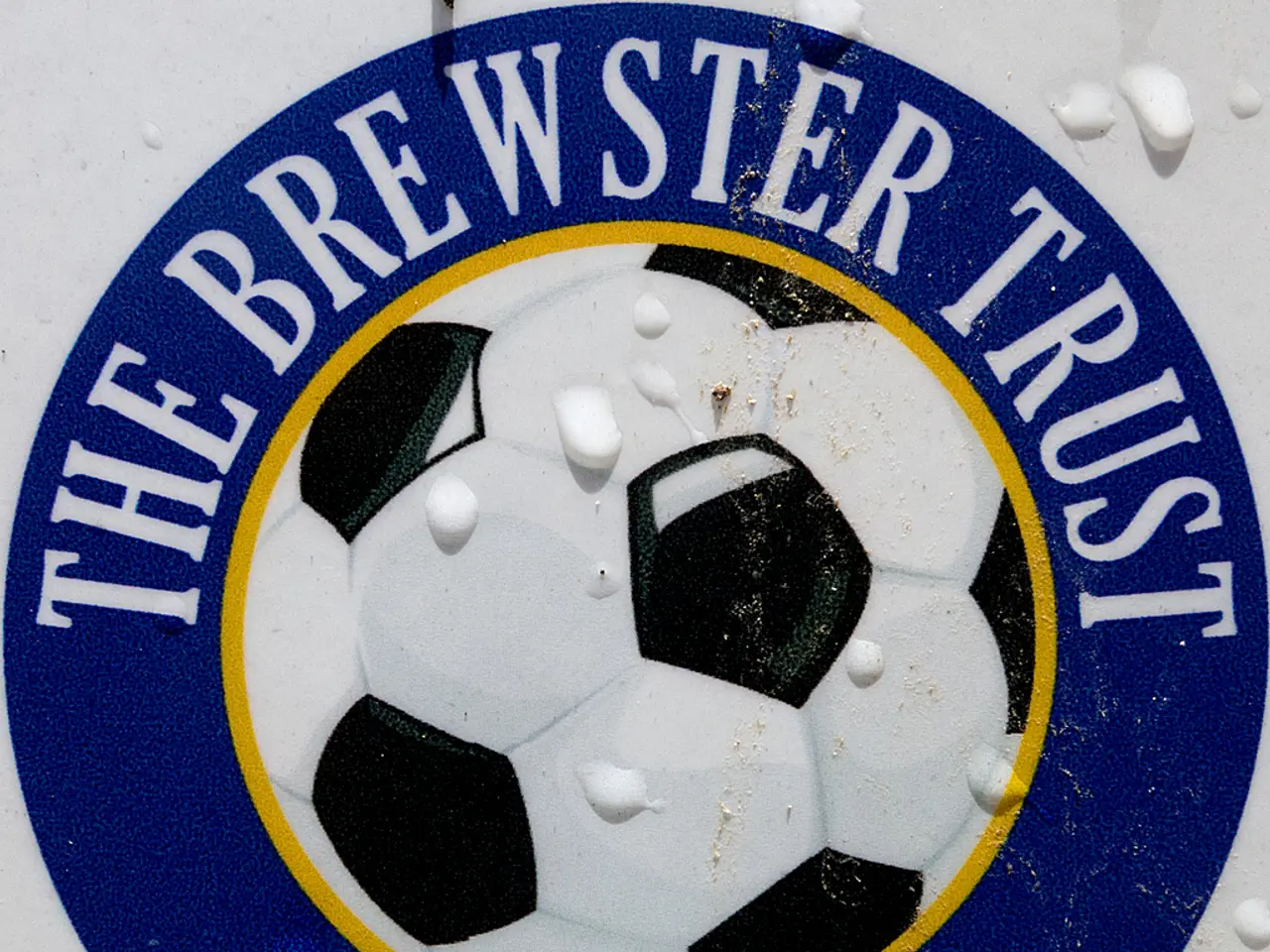Progress in Cancer Treatments Imperiled by Price Regulations: Fears of Stag administration in Therapeutic Advancements
In the ongoing battle against cancer, the Bayh-Dole Act has proven to be a crucial ally. This legislation, enacted in the mid-1970s, has facilitated the transformation of federally funded cancer research discoveries into effective treatments, underpinning much of the US leadership in cancer drug innovation and biotechnology.
Since its inception, the Bayh-Dole Act has allowed for the ownership and patenting of federally funded inventions by academic institutions and small businesses. This incentivizes partnerships with commercial entities to bring inventions to market, a critical factor in the high-cost, high-risk pharmaceutical development process. As a result, around 300 drugs have been launched between 1996 and 2021, many likely including cancer therapies, given the dominant role of academia in oncology research.
Universities and biotech startups, empowered by Bayh-Dole, have become central sources of biologic and pharmaceutical innovation, particularly in cancer treatment where biologics and gene therapies play an increasing role. The Act has spurred the growth of university technology transfer, start-ups, and the biotech ecosystem that supports cancer drug innovation, contributing an estimated $1.7 trillion to US economic output and millions of jobs.
Patents created under Bayh-Dole provide a valuable asset for attracting investment to develop drugs through costly clinical trials—a critical factor for cancer drug commercialization. However, the Act includes "march-in rights" for the government to license patents if products are not made available, but these rights have never been exercised, despite controversy over drug pricing, illustrating ongoing tension between incentivizing innovation and ensuring access to cancer therapies.
Recent policy discussions around preserving and strengthening IP protections under Bayh-Dole underscore its ongoing importance for sustaining pharmaceutical innovation in the US, including oncology advances. The U.S. Chamber, through its Global Innovation Policy Center (GIPC), works with U.S. Chamber members to foster a political, legal, and economic environment conducive to innovation and creation for the benefit of Americans and the world. The Chamber's research shows that price controls will cause cancer research to drop by almost 60%, and the threat of property confiscation could potentially set back the fight against cancer.
The five-year relative survival rate for cancer patients in the United States has risen from 49% to 68% since the mid-1970s, a testament to the progress made in cancer research and treatment. However, the Biden Administration's pursuit of price controls could potentially limit the availability of new cancer medicines in the U.S., potentially setting back the progress made in cancer research and development.
In contrast, the business community is ready to collaborate for cancer cures, but only if the Biden Administration supports free enterprise. Brad Watts, Senior Vice President at the Global Innovation Policy Center (GIPC) of the U.S. Chamber, and Anna Vredenburgh, the director for health policy at the U.S. Chamber, emphasize that if the government seizes private property, it will destroy the progress made in cancer research and development. For more than 40 years, the Bayh-Dole Act has facilitated public-private collaboration in cancer research and development, a partnership that has saved countless lives.
Even one day can be significant for cancer patients, as it could potentially make the difference between life and death. The Bayh-Dole Act serves as a foundational policy enabling federally funded cancer research discoveries to be patented, commercialized, and developed into effective treatments, underpinning much of the US leadership in cancer drug innovation and biotechnology.
- The Bayh-Dole Act, established in the mid-1970s, empowers academic institutions and small businesses to own and patent federally funded inventions, fostering partnerships with commercial entities for the development of cancer treatments.
- Universities and biotech startups, aided by the Bayh-Dole Act, have become key sources of biologic and pharmaceutical innovation, particularly in the field of cancer treatment.
- The Act has not only spurred the growth of university technology transfer and start-ups but also the biotech ecosystem that supports cancer drug innovation, contributing significantly to the US economy.
- Patents created under Bayh-Dole provide a valuable asset for attracting investment to develop drugs, including cancer therapies, through costly clinical trials.
- The ongoing discussions about preserving and strengthening IP protections under the Bayh-Dole Act highlight its importance for sustaining pharmaceutical innovation in the US, including oncology advances.
- The Chamber of Commerce, through its Global Innovation Policy Center (GIPC), advocates for a political, legal, and economic environment that encourages innovation and creation, as price controls and property confiscation could potentially set back the fight against cancer.
- The Biden Administration's pursuit of price controls could potentially limit the availability of new cancer medicines, potentially setting back the progress made in cancer research and development, while the business community is ready to collaborate for cancer cures, but only if the government supports free enterprise.






